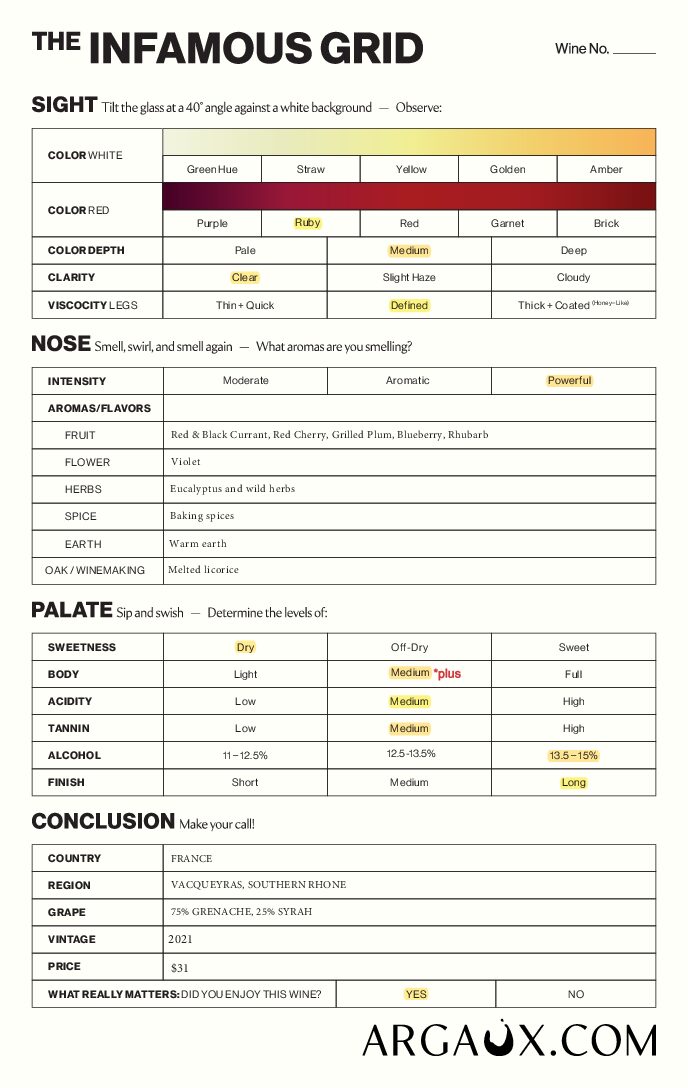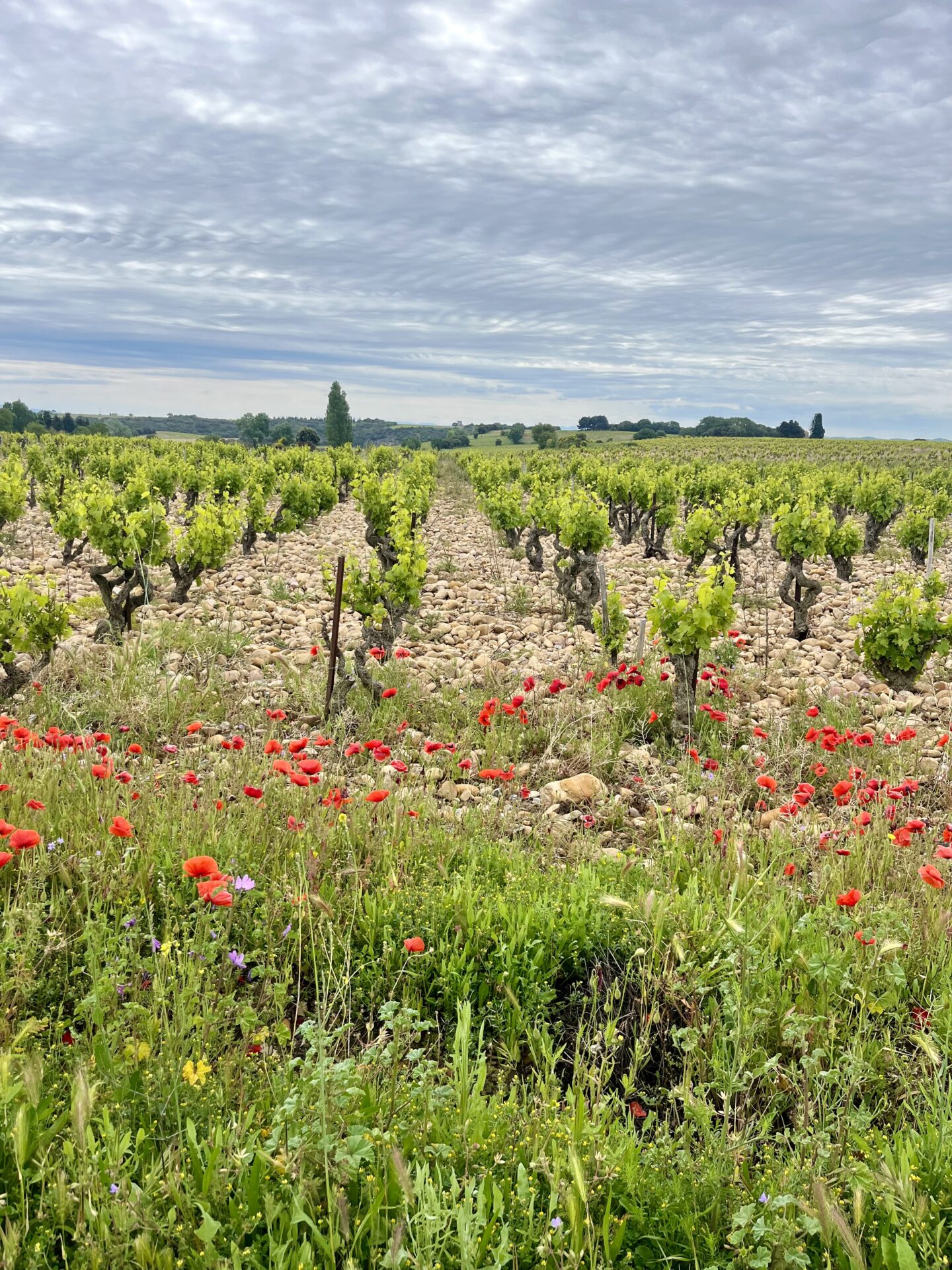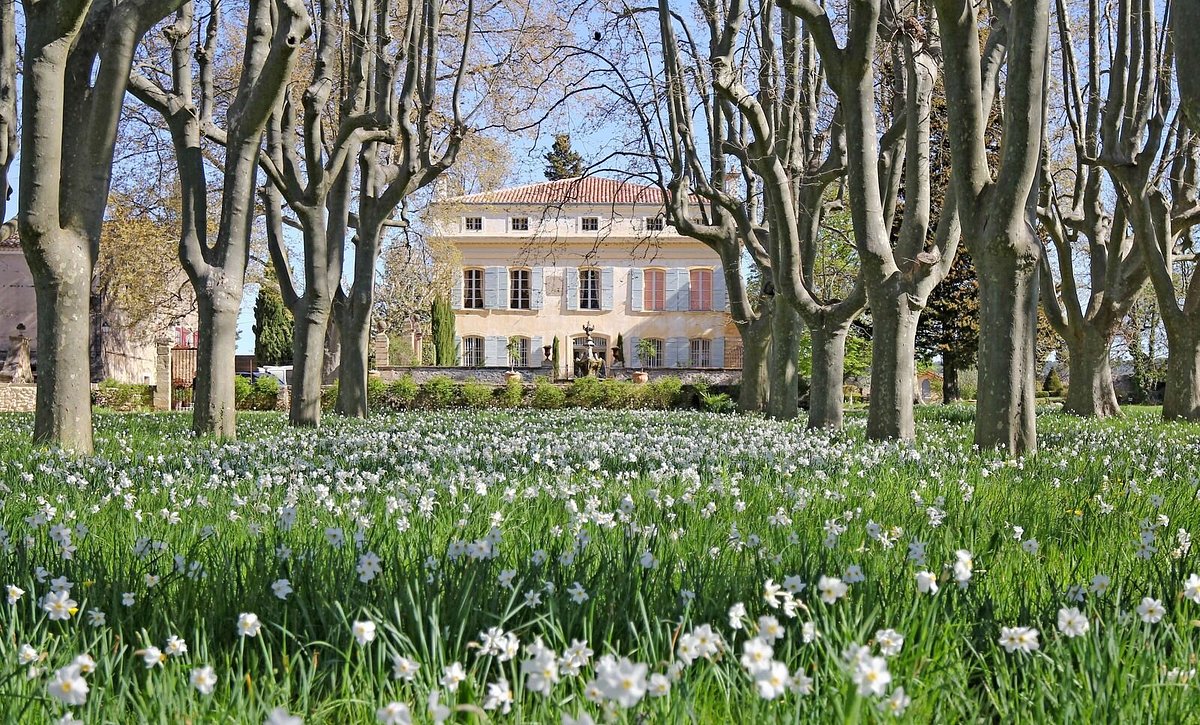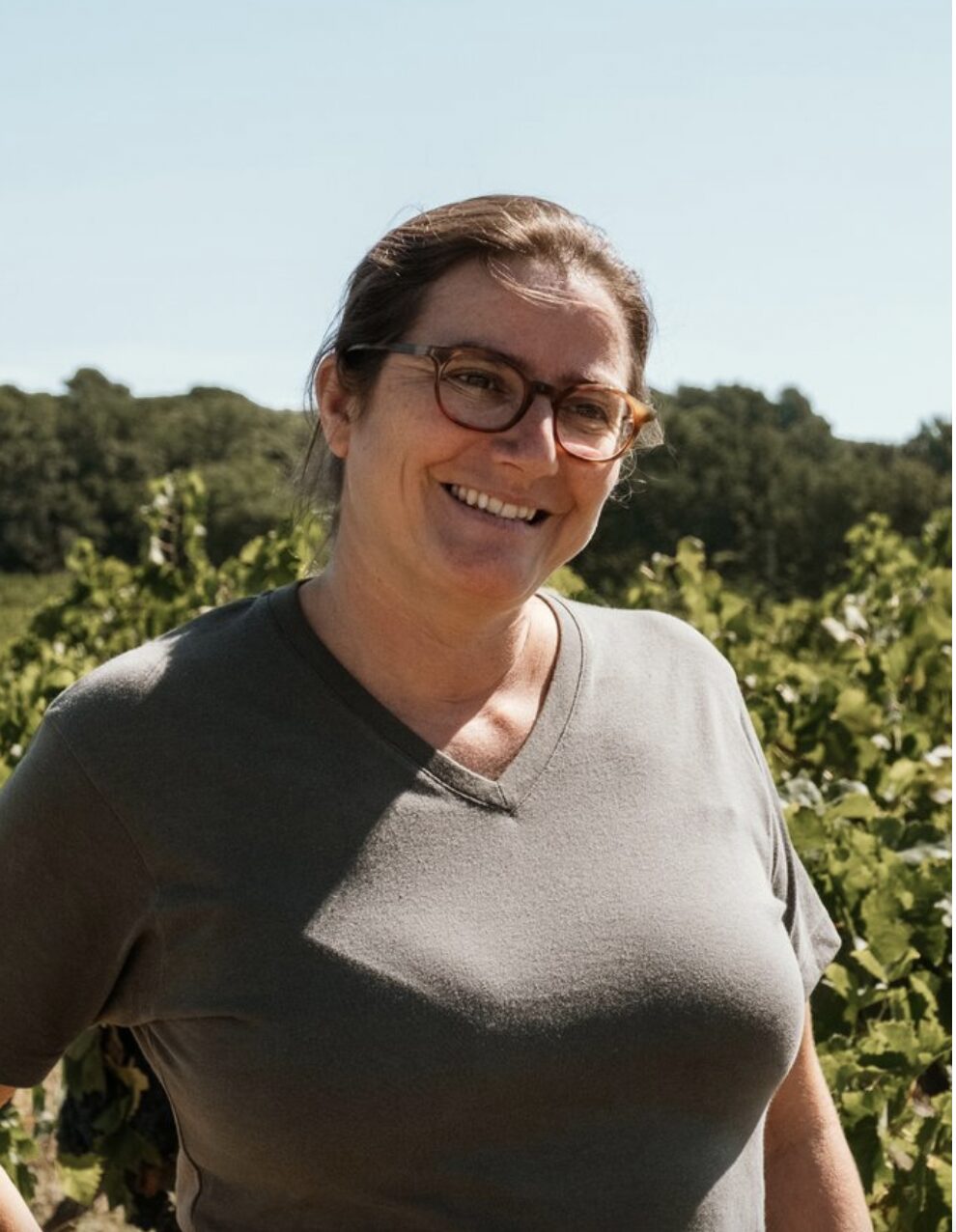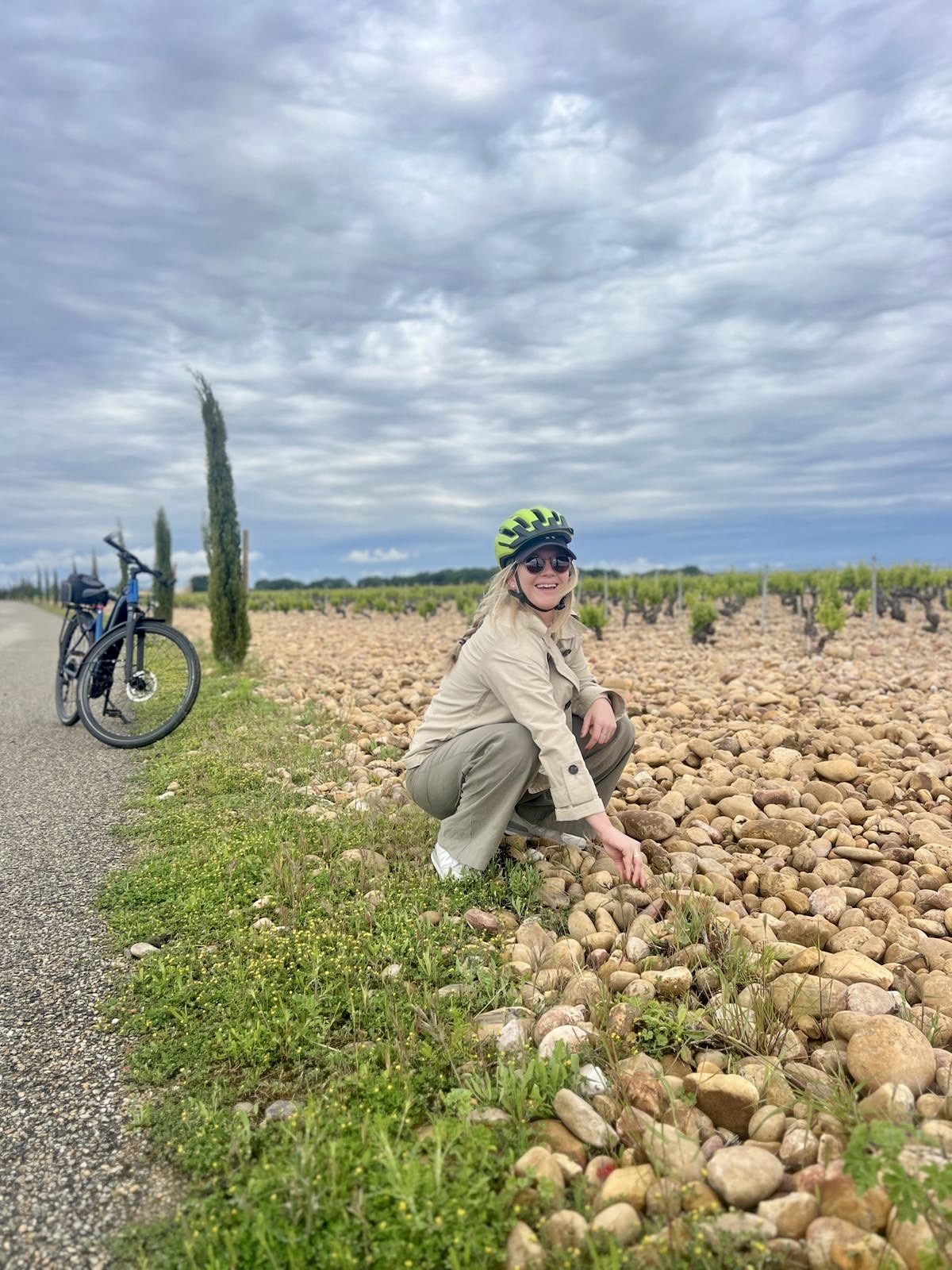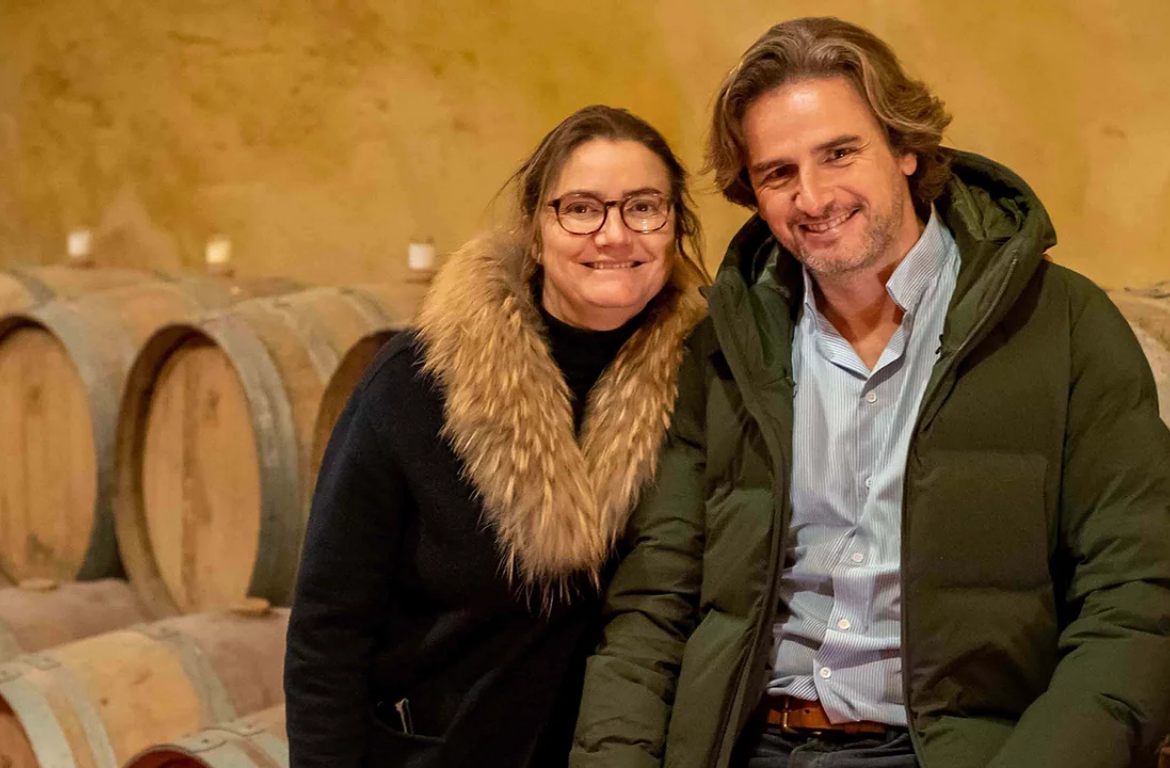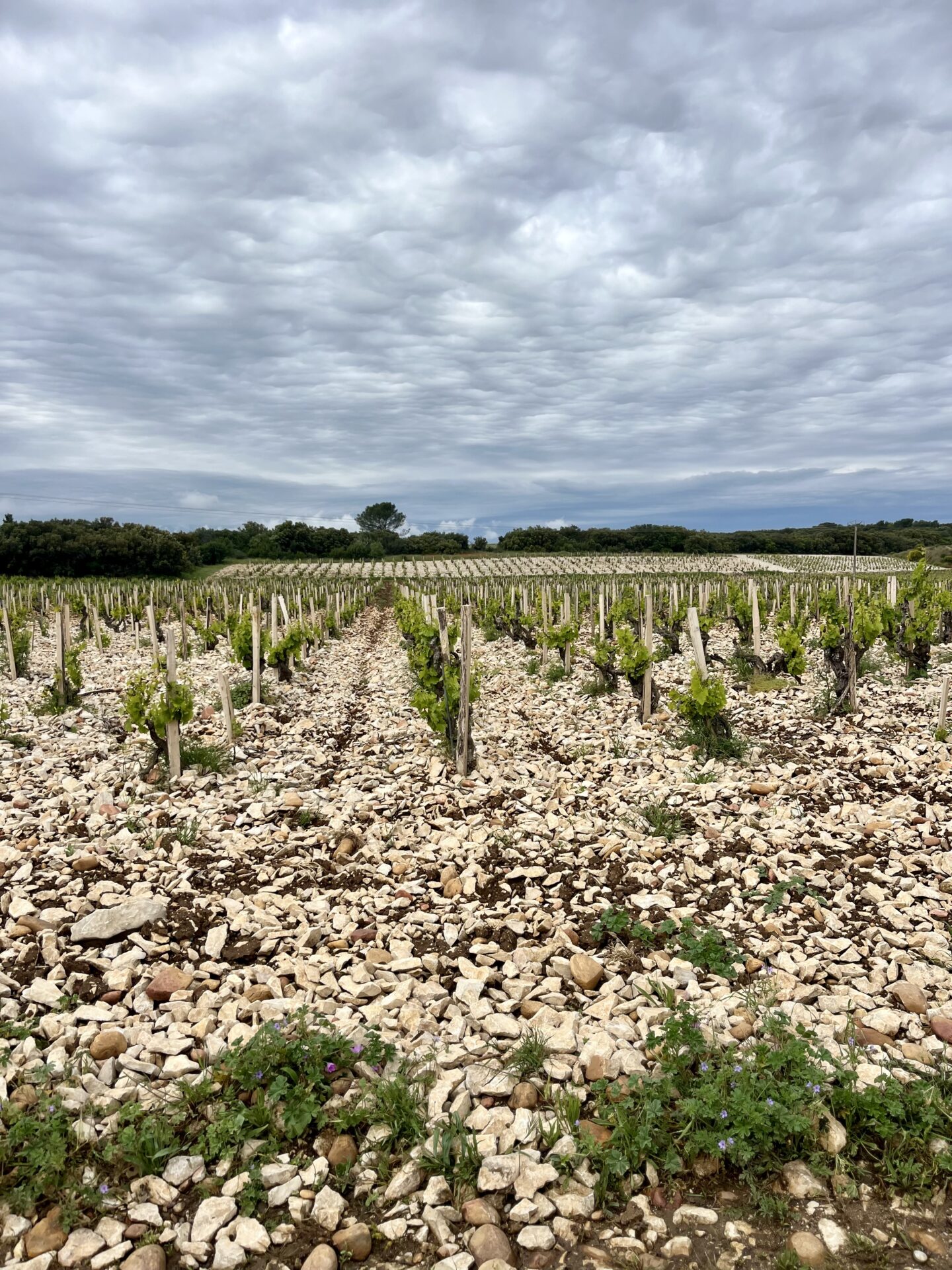2021 Clefs des Murailles ‘Vacqueyras’ Rouge Red Blend
Let’s face it, we all love CDP (Chateauneuf-du-Pape), but most of us can’t afford to pull those corks on a daily basis. That is where ‘Vacqueyras’ comes in. It’s swimming in the next lane, with eerily similar characteristics, at a lower price. This is one of my party trick wines (looks pricey and tastes pricier).
Sustainable farming practices, woman-winemaker.
- Tasting Notes Sappy cassis, red cherry, grilled plum, blueberry, licorice, rhubarb, eucalyptus, wild herbs, baking spice
- Variety 70% Grenache, 30% Syrah
- Region France, Rhone Valley
- Volume 750ml
- Alcohol Volume 13.5%
- Table Talk The name "Vacqueyras" comes from the Latin "Valléa Quadreria," which means "valley of stones." This reflects the famous galets or stony terrain of the region.
$31.00
Out of stock
In 1854, the Double family acquired the Château de Beaupré, near Aix-en-Provence. Clefs des Murailles is a project started by the great-granddaughters of the baron Maxime & Phanette Double. Phanette (winemaker) began her career as a hydraulic engineer, specializing in flood protection and the environment. Her interest in viticulture was reawakened through the study of water stress on plants, which eventually led her to oenology school, then Château Margaux in Bordeaux and finally back to the ancestral home in the village of Saint-Cannat.
This environmental commitment is gradually being fleshed out with agroforestry projects to preserve and perpetuate Beaupré’s natural setting; for example, a natural hedge of 500 plants and shrubs planted in 2023 linking the vineyard plots. Phanette is also careful about inputs, and all the products used on the vineyard are natural, including LiFoFer, a fermented forest litter, custom-created at the Domaine, which encourages the multiplication of micro-organisms.
THE SOUTHERN RHONE VALLEY, FRANCE
For ease of describing the Rhône Valley, we will associate the region by two distinct areas: The Northern Rhône and the Southern Rhône. The Southern Rhône, where this wine comes from, lies closer to the Mediterranean Sea, just north of Provence. This area is predominantly focused on red blends.
Climate: The Southern Rhône Valley has a Mediterranean climate with hot, dry summers and mild winters. The Mistral wind helps to keep the vineyards dry and free of disease but they can also cause damage. That is why the vines are trained low to the ground for protection.
Soil: The region’s soils are diverse, including stony galets, roulés, clay-limestone, sand, and marl, which contribute to the complexity of the wines.
Grapes: Black grape varieties Grenache, Syrah, Mourvèdre, and Cinsault do best in this warm, sunny climate. Hence why you often see the term “GSM” Blend (meaning Grenache, Syrah, Mourvèdre) coined from this region, which many other regions have now adopted and use for their blends using these grape varietals.
Flavor Profile: These wines are known for their rich and robust flavors, often featuring red and black fruit notes (such as cherry, raspberry, blackberry, and plum), along with spices, herbs (garrigue), and earthy undertones. They can also exhibit notes of leather, tobacco, and pepper. These wines usually are full-bodied, have moderate to high tannins, good acidity and great aging potential.



